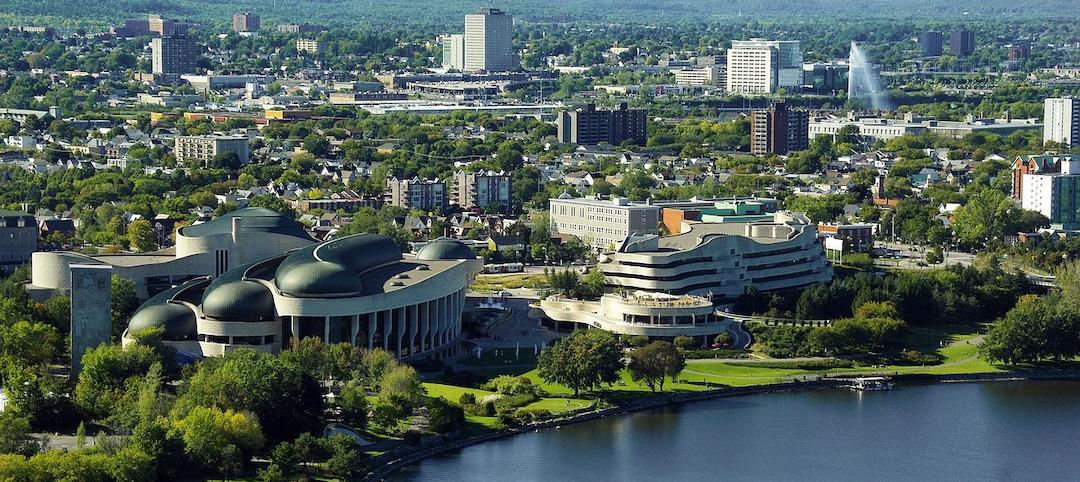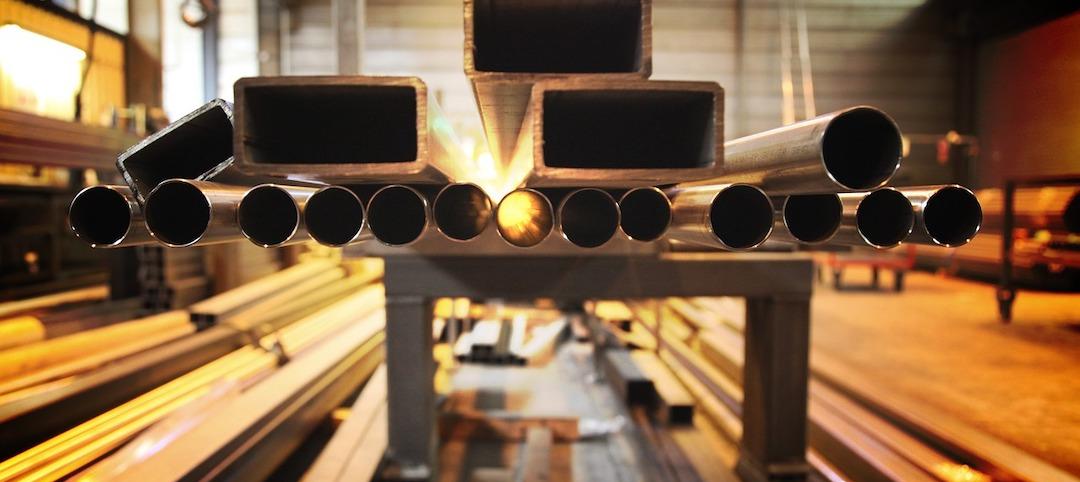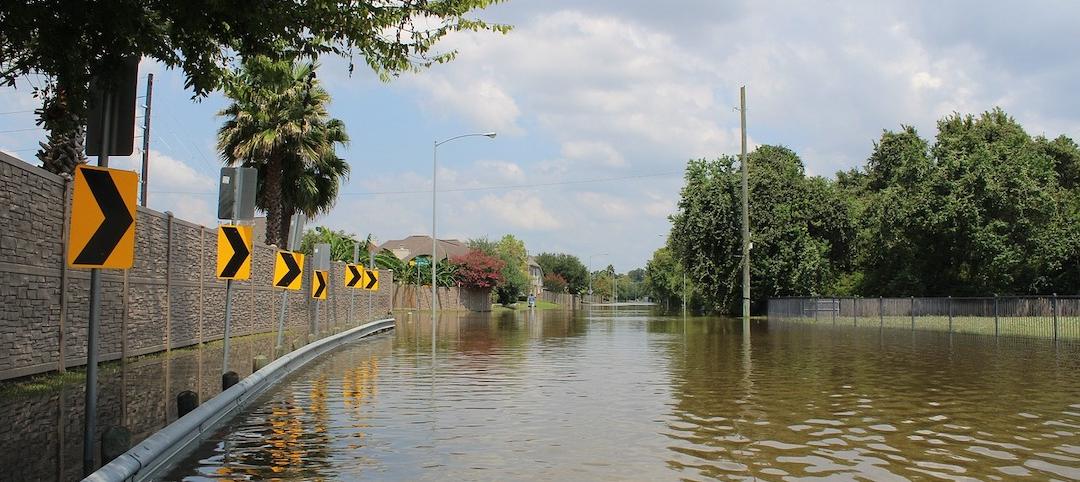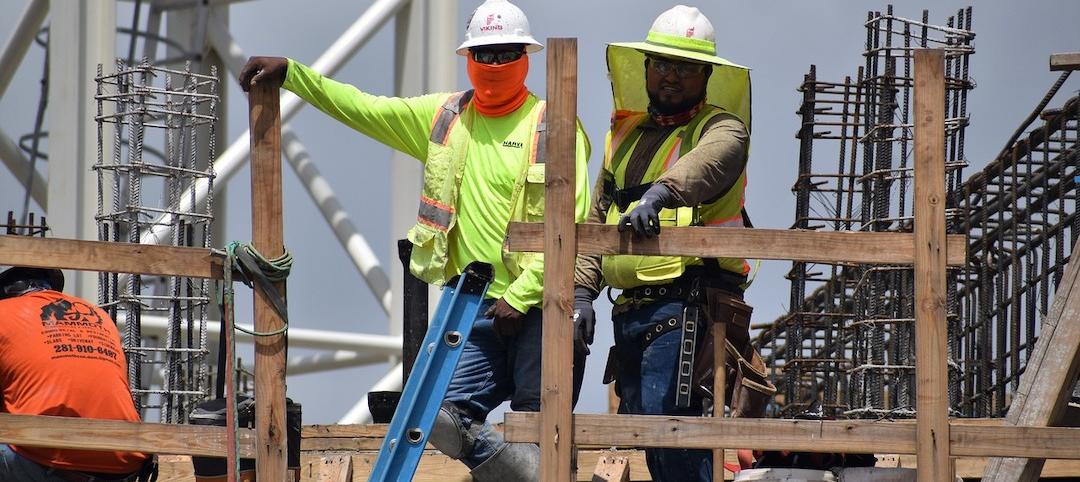Earlier this year, New York City's Department of Buildings began auditing thousands of architectural plans for new and renovated office and residential buildings. Nine of every 10 have failed to meet the energy code, a 30-year-old set of standards.
The compliance enforcement effort began under Mayor Michael Bloomberg last year, when he assigned auditors to pore over 212 randomly selected building plans. This year, auditors have examined more than 1,200 applications.
The standards are only now being enforced in earnest. In some cases, the Department of Buildings has stopped nonconforming projects. “We're very serious about this, and are trying to educate the industry on what is required,” said Gina Bocra, chief sustainability officer at the Department of Buildings, which set up a permanent audit unit this year. “Buildings are the largest source of energy consumption in our city, and how we conserve energy is key to making progress on reducing greenhouse-gas emissions.”
Some are complaining about the potential costs of compliance and potential to lengthen construction schedules. Planned additions to the building code over the next year are boosting concerns. “The energy code can be an effective way to increase efficiency if it remains flexible, but the more mandatory and prescriptive any code is, the more difficult it is to build a building that complies — particularly in New York City,” said Angela Pinsky, a senior vice president of management services and government affairs with the Real Estate Board of New York.
(http://www.businessinsurance.com/article/20140818/NEWS07/140819859?tags=|338|69|310|80|303)
Related Stories
Codes and Standards | Jan 19, 2022
Canada’s Trudeau seeking building codes changes, net-zero emissions building strategy
Prime minister also wants net-zero electricity grid by 2035.
Codes and Standards | Jan 18, 2022
Greater emphasis on building materials needed to achieve net-zero carbon offices
Engineered wood, straw, and bamboo can be keys to achieving goal.
Codes and Standards | Jan 17, 2022
AISC seeks comments on draft earthquake standard for steel buildings
Includes new limits for cross-sectional slenderness of steel columns based on latest research.
Codes and Standards | Jan 12, 2022
California’s wildfire building code significantly reduces structural loss
As other states consider upgrading their codes, Golden State provides useful model.
Codes and Standards | Jan 12, 2022
Regulator holding back climate-friendly, energy-saving equipment deployment, critics say
Heat pumps, solar power could be made more accessible for low-income communities in Massachusetts.
Codes and Standards | Jan 11, 2022
Cost hikes drive nearly one million renters out of homeownership qualification in 2021
Household income needed to pay a mortgage rose to $62,872 from $55,186.
Codes and Standards | Jan 10, 2022
New ratings services focus on climate risk for homeowners
Efficacy of models used in risk assessment varies.
Codes and Standards | Jan 6, 2022
Virginia contractors having a tough time finding diverse subs to meet state goals
Survey of primes may indicate similar issues at federal level.
Codes and Standards | Jan 5, 2022
Boston drops parking requirements for affordable housing
Measure expected to spur new projects.
Codes and Standards | Jan 4, 2022
Dept. of Energy Better Climate Challenge aims for 50% GHG emission reduction by 2030
Program offers technical assistance and peer-to-peer knowledge sharing.

















